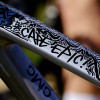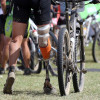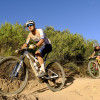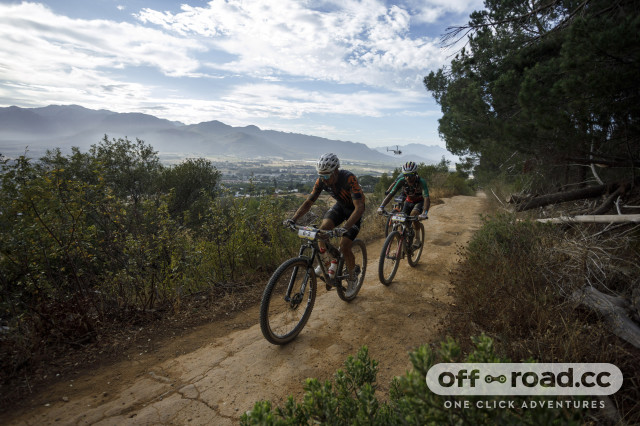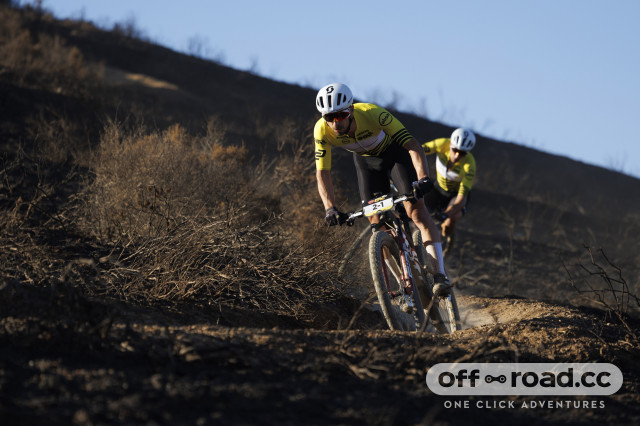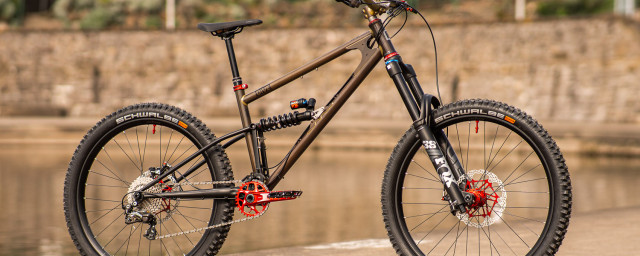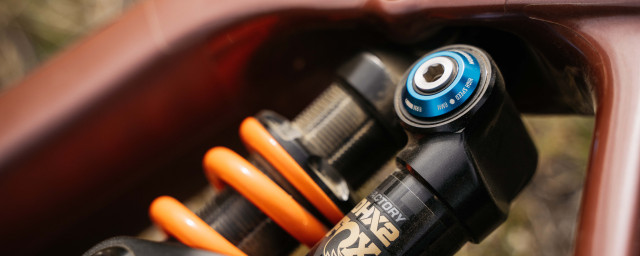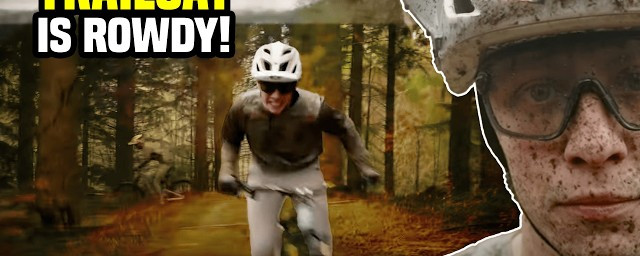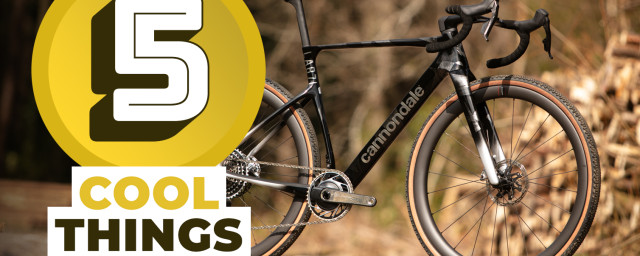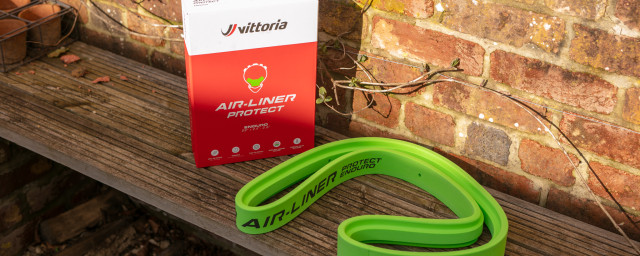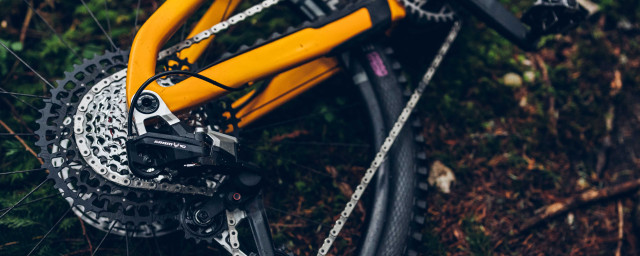Eating to Survive the Absa Cape Epic
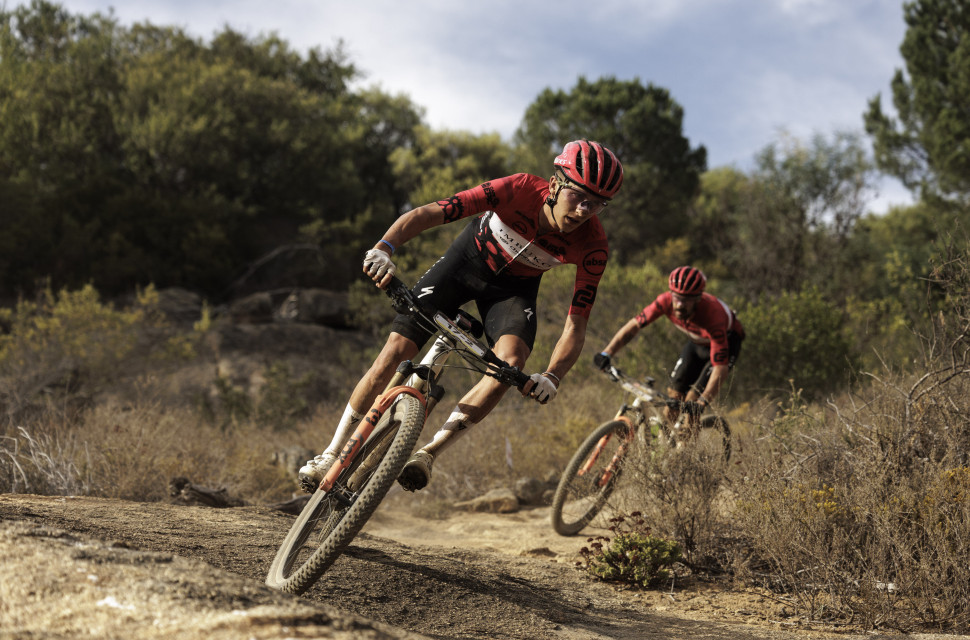
[Photography by Nick Muzik]
Justly so, the Absa Cape Epic is known as the “Tour de France” of mountain biking and is one of the toughest and most spectacular cycling races. From extreme desert heat to chilling and rainy mountains, riders can expect it all during the eight-day race around South Africa’s Western Cape region.
- How amputee riders approach the Cape Epic
- 13 riders you never knew completed the Cape Epic
- 2025 Cape Epic race recap – a race for the GOATs
However, it’s very different in terms of demands and support compared to a major road stage race, making it a tricky one when it comes to consuming the right amounts of sustenance at the right time, which is vital not only to make it through the race in good shape but also to simply survive the adventure.
We take a look inside the nutritional workings within the race to learn how the greats of the race manage their Epic eats.
Trails snacks and sips
The organisers of the Cape Epic provide several aid stations along the route of each stage, some supplying various fluids (Hydro Points), while others are also stocked with numerous snacks (Full-Service Water Points), something which few riders fully rely on – as most/all still carry their supplies during the race. Even so, these refuelling stops are a vital part in their nutritional race survival strategies, and to differing extents they all call on these stations during the day – especially for essential fluids. These stations are dotted along the stage routes and vary in frequency depending on the stage distance and severity, and there is also a finish line recovery “snack pack” provided at the end of each stage.
At Hydro Points riders can expect to find water and USN energy products (USN are the race nutrition partners), while the Full-Service Water Points serve up water, Coke, USN products, and a wide variety of foods such as potatoes, muffins, sandwiches (including Marmite butties), fruit and savoury snacks.
Christophe Sauser – 5 x Cape Epic Winner
Swiss long-haul supremo Christophe Sauser took the first of his five Cape Epic Elite victories back in 2006 and, despite handing in his pro licence a while back, he still turns out each year to take on his favourite race. This year, he teamed up with 24 Hour World Champion Cory Wallace of Canada as team Songo–Ninety One to take third overall in the Master’s category – and also scored three stage wins along the way.
We asked Christophe about his approach to nutrition during the race.
ORCC: How do you plan the pre-race and after-race nutrition for Cape Epic, and what do you usually eat outside of the racing during the Cape Epic?
CS: Since I am not a pro anymore, everything has a different approach. I don't need to be 100% anymore, but I still like to get through the race in a good time and feeling. During the race I consume my Sponser gels and macadamia bars, plus their recovery mix afterwards. Other than that, eating is not so much a pleasure, it is much more. "I have to eat now," – which is very unusual for me. I make sure I eat energy and protein, hardly any salad or veggies, since they are too much stomach filler over the race week. I still love my glasses of wine, though!
ORCC: What is the approach immediately before and after stage finishes – what do you eat/drink?
CS: I eat 1.5h before the start; a bowl of porridge with Nutella, and then only around half an hour to an hour into the race, I eat my Sponser gels/macadamia bar. For the first two bottles, I use Sponser Competition drink mix, after that it’s whatever is available at water points. After the stage, it’s the recovery mix and a sandwich from the organiser, then afterwards I eat lunch.
ORCC: What have been your key learnings on the nutrition side at the race over the years?
CS: There is not one key thing I could say is the best or makes the whole difference. You have to do everything well for recovery, and every day to be consistent in this. If there are hot stages, sure, an ice bath helps a lot (it’s not nutrition, but it is a big part of my recovery).
Thomas Frischknecht, team manager SCOTT-SRAM MTB Racing
As one of the all-time greats of XC and marathon racing, Thomas Frischknecht is also no stranger to Cape Epic, and has won several stages and the GC in the Mixed category in the past. These days, he’s best known as the long-time team manager and mentor to the GOAT of XCO racing Nino Schurter, who this year took his third overall Epic victory with his Scott-SRAM teammate Filippo Colombo.
We asked Frischi about how he and his steeds approach the race in nutritional terms.
ORCC: What are the key factors in the team’s Cape Epic nutritional approach?
TF: As it’s the 11th time for Nino racing the Cape Epic – and the third victory now, we rely on experience. There’s no rocket science, really, but there is a protocol that we try to follow from the experiences of previous years. We have a chef cooking for the team the whole week, and also during the week before the race. The athletes are planning their race nutrition pretty much themselves, given the course and feed zone layout.
Most important is that the athletes eat as much as they can pre-, during, and after the race. In an eight-day stage race, the calorie intake needs to be steady and as much as they can digest easily. After the race, they have to make sure to get a recovery shake with protein and carbs. After that, it’s a meal with protein and carbs for lunch. In between lunch and dinner, they eat as many snacks as possible
ORCC: What is the approach immediately before and after the stage finishes?
TF: Stay hydrated before and after the race, plus being sure to take in protein and carbs right after the finish line.
ORCC: During a stage, what do they eat and drink, and how is that planned out – and did the heat change this?
TF: Staying hydrated, especially in the heat, is key – and is a difficult task. This year, both Nino and Filippo rode with Camelbaks (hydration packs) to ensure they stayed hydrated. With the few feed stations at Cape Epic, this is not a given (relying on them). In the bottles, they have a carb drink mix
ORCC: How different are they in terms of their Epic diets and strategy, and are food treats a part of that?
TF: It’s all pretty much the same. Also, in XCO racing, we have the same bottle and drink mix for all athletes
ORCC: What have been your key learnings on the nutritional side at the race over the years?
TF: Adapting and making the best of it, staying as close as possible to good nutrition. But, the ideal scenario for in-race nutrition can’t be implemented at Cape Epic because of logistics and circumstances.

